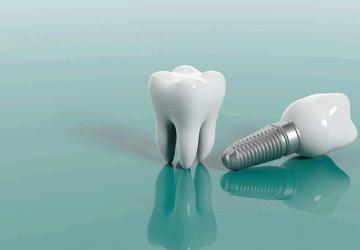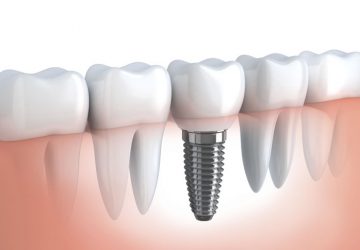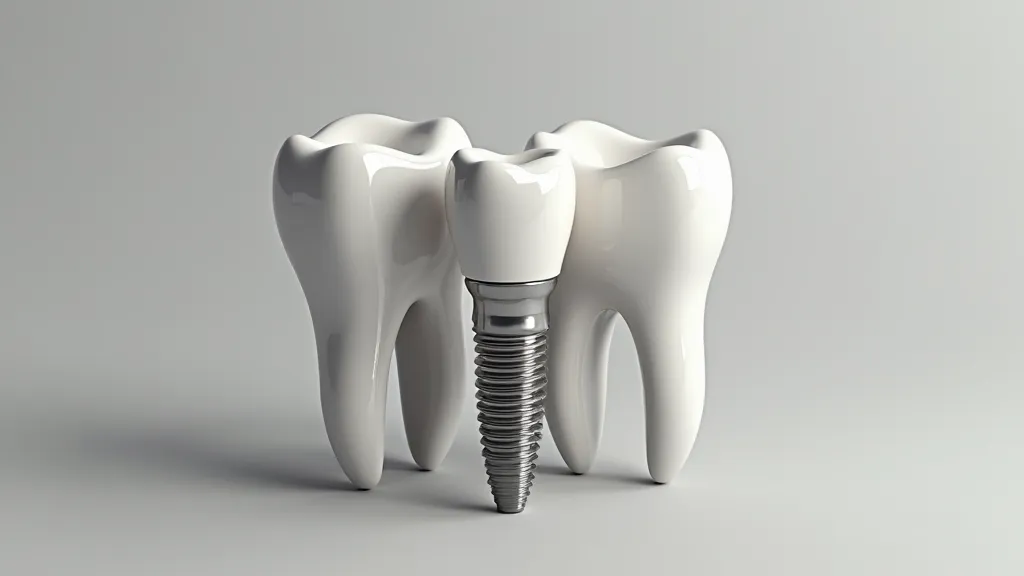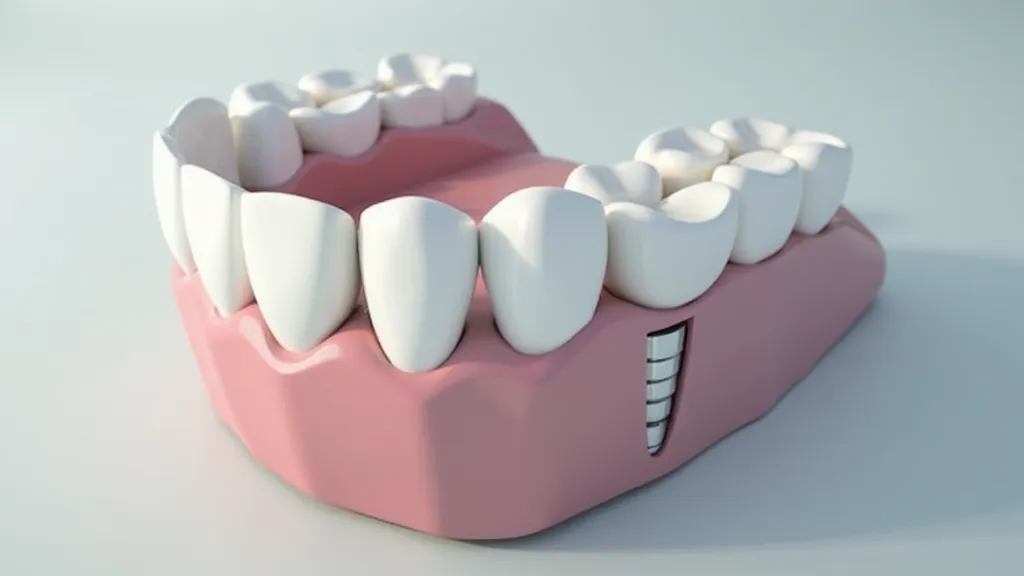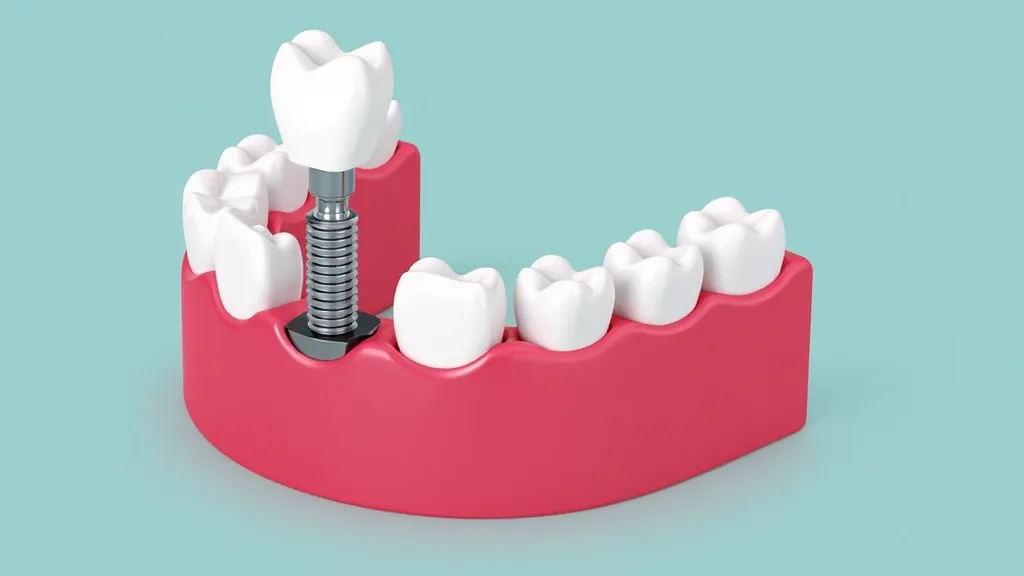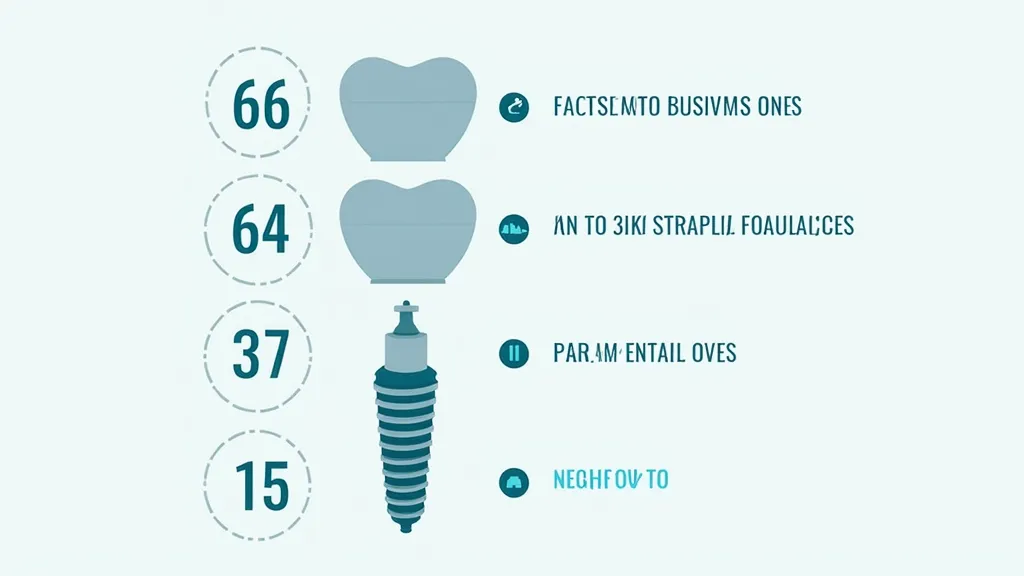Financing Options for Good Dental Implants
Explore financing solutions for good dental implants and regain your smile without breaking the bank.
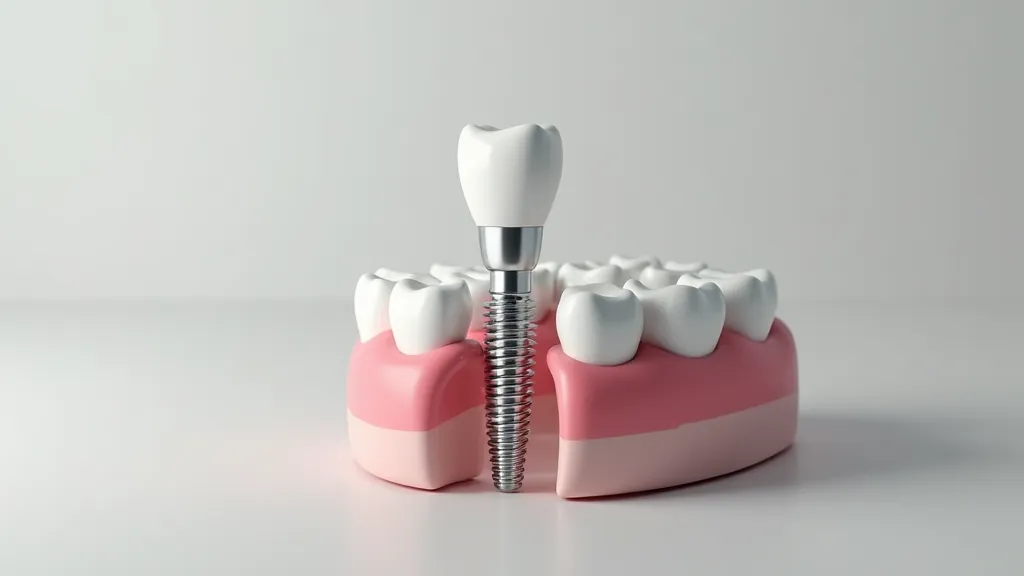
Understanding Good Dental Implants
Good dental implants are an excellent solution for individuals looking to restore their smiles and improve their oral health. Unlike dentures or bridges, dental implants fuse with the jawbone, providing a stable and durable foundation for replacement teeth. This article will explore various aspects of good dental implants, including financing options and the benefits of full mouth dental implants.
What Are Good Dental Implants?
Goodly fixed dental implants consist of titanium posts surgically placed into the jawbone, which act as artificial tooth roots. After a healing period, custom-made crowns are attached to these implants, creating a natural look and feel. Good dental implants can be an ideal option for those with missing teeth due to injury, decay, or other dental issues.
Why Choose Good Dental Implants?
- Durability: Implants can last a lifetime with proper care.
- Improved Oral Health: They help maintain jawbone density and prevent further tooth loss.
- Enhanced Comfort: Unlike dentures, implants do not shift or move, providing a secure fit.
- Natural Appearance: Implants look and feel like natural teeth, boosting confidence.
Full Mouth Dental Implants: A Comprehensive Solution
Full mouth dental implants are recommended for individuals missing very or all of their teeth. This procedure involves placing multiple implants throughout the jaw, supporting a full set of prosthetic teeth. Full mouth dental implants can significantly improve a person's quality of life, allowing them to eat, speak, and smile with confidence.
Financing Dental Implants Near Me
One of the very significant concerns when considering dental implants is the cost. Fortunately, many financing options are available to help ease the financial burden. Here are some suggestions for financing good dental implants:
1. Dental Insurance
Many dental insurance plans cover a portion of the costs associated with dental implants. It's essential to check with your provider to understand your coverage options.
2. Payment Plans
Many dental practices offer payment plans that allow you to spread the cost of dental implants over several months. This can make the procedure more manageable financially.
3. Health Care Credit Cards
Health care credit cards, such as CareCredit, can be an excellent option for financing dental implants. These cards often offer promotional financing options, allowing you to pay off your balance over time without accruing interest.
4. Personal Loans
Consider applying for a personal loan if you need additional funding for dental implants. Many financial institutions offer loans specifically for medical and dental expenses.
5. Grants and Funding Assistance
Research grants and funding assistance programs available in your area for dental procedures. Some non-profit organizations offer financial help for dental care.
Funding for Dental Implants in 2025
As we move into 2025, it's essential to stay informed about any changes in dental insurance policies and financing options available for dental implants. Keeping up with the latest trends in dental care can help you navigate the financial aspects more effectively.
FAQs About Good Dental Implants
What is the average cost of good dental implants?
The cost of good dental implants varies widely depending on factors such as location, the number of implants needed, and additional procedures required. On average, costs can range from $3,000 to $4,500 per implant.
How long do dental implants last?
With proper care and maintenance, dental implants can last a lifetime. Regular dental check-ups and good oral hygiene practices are crucial for their longevity.
Are dental implants painful?
While the surgical procedure involves some discomfort, very patients report that the pain is manageable with anesthesia and post-operative care. Recovery typically involves mild swelling and discomfort, which can be alleviated with prescribed medications.
How long does the dental implant procedure take?
The overall process can take several months, as it involves multiple steps, including the initial consultation, surgery, healing time, and placement of the final crown. The actual implant surgery usually takes 1-2 hours per implant.
Can anyone get dental implants?
While many people are candidates for dental implants, certain conditions such as severe gum disease, jawbone loss, or specific medical issues may require additional evaluation. Consulting with a dental professional is crucial to determine eligibility.
Finding Help to Fix My Teeth Near Me
If you're considering dental implants and need assistance finding local professionals, numerous resources are available. Start with online searches for dental clinics specializing in implants near you. Local dental associations can also provide referrals to qualified practitioners.
Conclusion
Financing good dental implants may seem daunting, but various options are available to help you achieve the smile you desire. By understanding your choices and staying informed about potential funding for dental implants in 2025, you can take the necessary steps toward restoring your oral health. Remember, a confident smile is worth the investment!
References
- American Academy of Implant Dentistry - aaid.com
- American Dental Association - ada.org
- CareCredit - carecredit.com
Main Keywords:
Good Dental Implants, I Need Help Financing Dental Implants Near Me, Full Mouth Dental Implants, Funding for Dental Implant 2025, Fix My Teeth Near Me.
-
1

Revolutionizing Smiles: The Breakthrough Innovations in Dental Implants Changing Oral Health Care Forever
-
2

Unveiling the Top Dental Implant Options for Seniors: Transform Your Smile with the Ultimate Guide to Restored Radiance
-
3

Understanding Dental Implants Costs and Financing
-
4

Discover the Key to a Dazzling Smile: Your Ultimate Handbook for Selecting the Ideal Tooth Replacement Option
-
5

Affordable Dental Implants Solutions Near You
